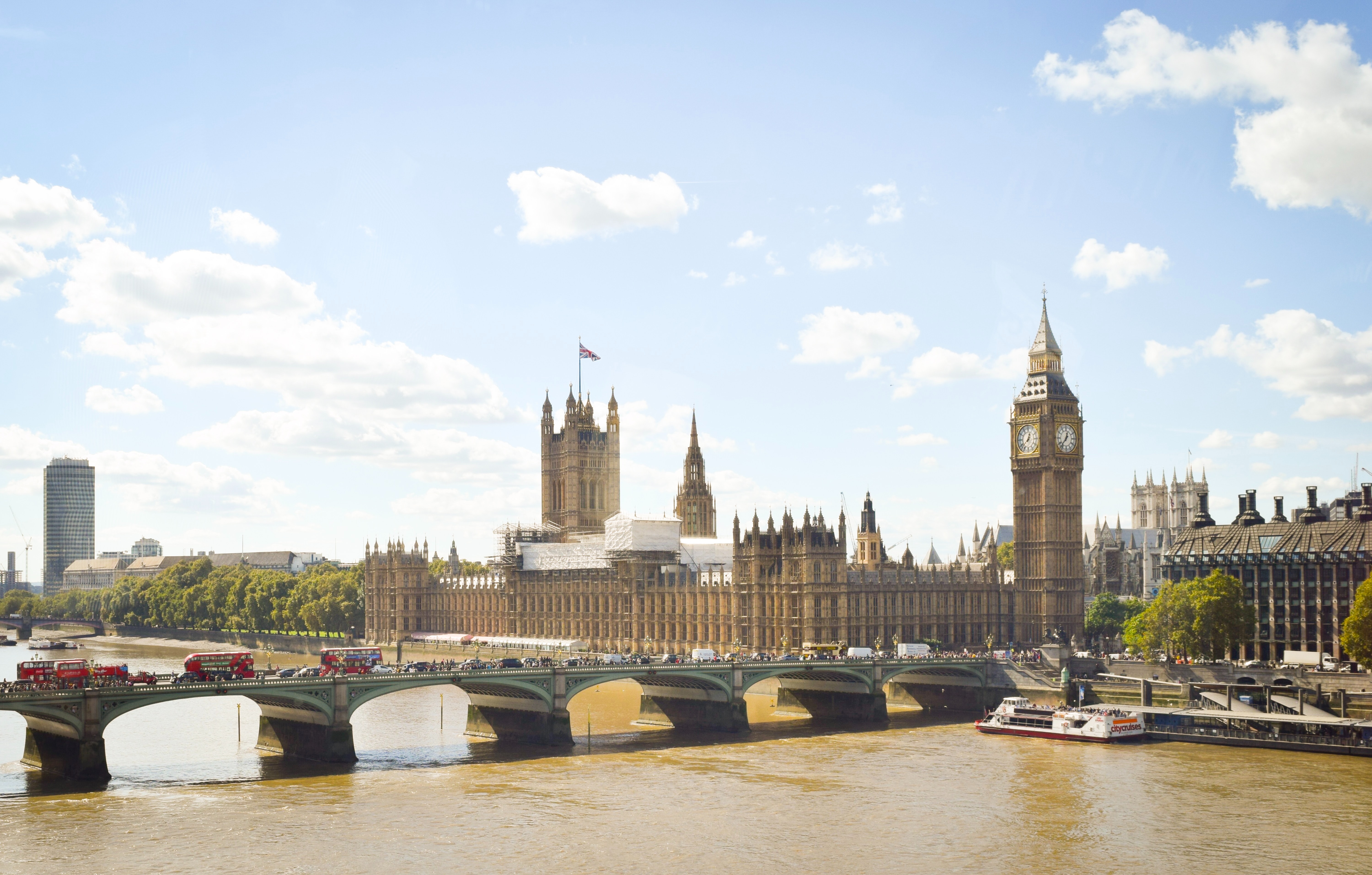Budget 2023: Jeremy Hunt makes case for cautious optimism
After the topsy-turvy of Kwasi Kwarteng’s Budget, Jeremy Hunt has consistently cut a steady figure as Chancellor. Leading into Budget 2023, a Tory insider told the FT it would be a “Budget for wonks”.
And yet, the Chancellor finally let loose a little bit in today’s speech. His spirits perhaps bolstered by the UK narrowly avoiding an economic recession and the Office of Budget Responsibility (OBR) reporting that it expects inflation to “fall from 10.7% to 2.9% by the end of 2023”.
In his response, the Labour leader Sir Keir Starmer accused Hunt of dressing up “stagnation as stability”. Despite this criticism, it’s clear that the macroeconomic situation has improved.
Brightening (albeit still somewhat gloomy) economic prospects meant the Chancellor was finally able to move beyond just immediate economic firefighting. He announced a series of measures aimed at getting the UK’s 1.1 million labour market vacancies filled.
The headline grabber leading into today was the £4 billion expansion of free childcare for working parents in England. It’s a policy gambit that the government hopes will get more people – specifically mothers – back into work.
Currently, many households are constrained by the exorbitant costs of childcare. For employers, the policy should hopefully relieve what has been a “historically tight” labour market. The government has also said it will loosen restrictions on migrant workers for “specific sectors”. Details are light on what this means, however.
Tax announcements in Budget 2023
Listening to today’s speech, the Chancellor’s big wish is for British businesses to invest in new machinery, premises, and people. The aim, Hunt said, was to turn the UK into a “science and tech superpower”.
To support his goals, he announced a raft of tax measures designed to unshackle British business investment (or so he hopes). At the same time, he resisted calls to back track on increasing the Corporation Tax (CT) rate.
For businesses, the Chancellor announced:
- A new, three year “full expensing” initiative for capital allowances where every penny you invest in IT equipment, plant or machinery can be deducted “in full and immediately” from taxable profits
- New incentives for UK investors and pension funds to commit to early-stage companies
- A new tax credit for small and medium-sized firms that allocate 40% of their expenditure on R&D
- An increase in the CT rate from 19% to 25%
- An end to the “super-deduction” (this offers 130% tax relief on companies’ purchases of equipment).
Cost of living looms large
Despite the Chancellor’s cautiously upbeat speech, cost of living worries was a common thread throughout. Pressure on household finances remains.
The extension of free childcare announcement and maintenance of the energy price guarantee offers some respite but, as our research with Ipsos shows, workers continue to struggle.
As costs rise, current practices like out-of-pocket expenses are increasingly at odds with employees. The Ipsos research shows that employees rely on credit card debt (52%) or borrowing from family and friends (14%) to cover expenses.
There’s much for the Government to do on the cost of living. But the sole responsibility doesn’t lie with Westminster. As our research illustrates, businesses can make a meaningful impact on their employees’ lives, too.

6 strategies to fuel growth in 2024
In this short summary, finance and business experts share 6 Growth Strategies from the 2024 Spring Budget to help your business grow.
Download now






